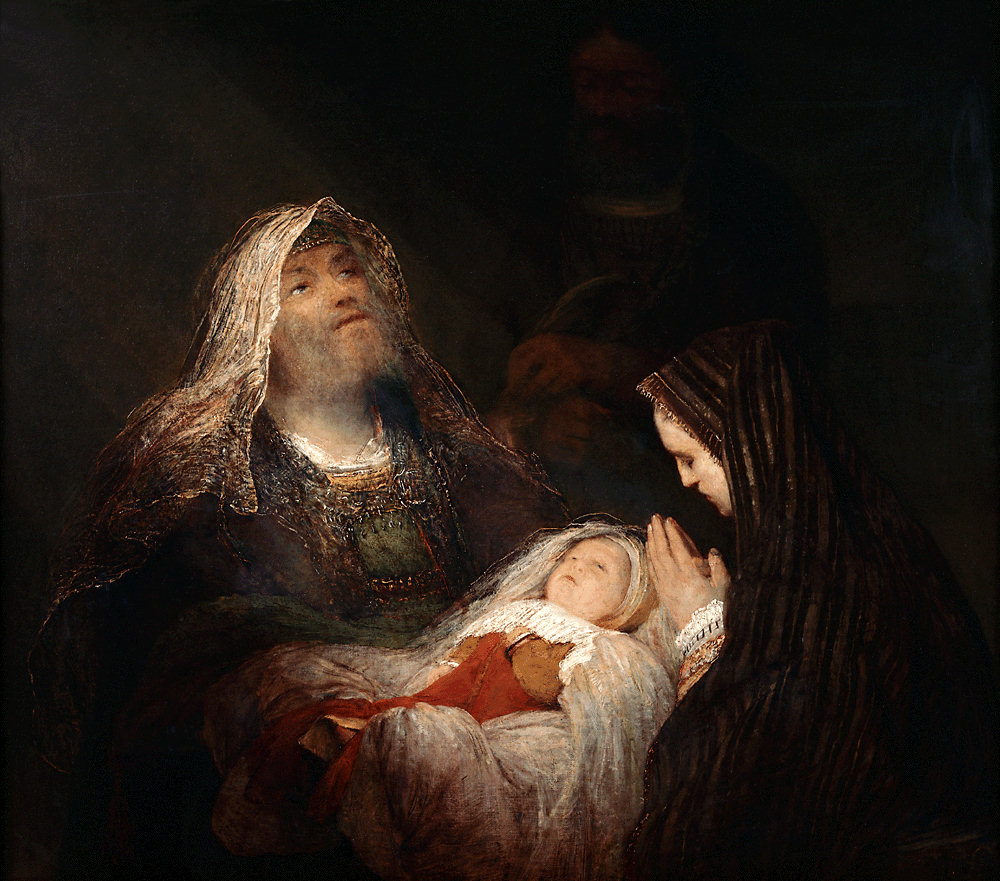Today we celebrate the Memorial of Mary, Mother of the Church. Our Lady, as the woman through whom the Lord came into the world, sits as Queen of the Church, continuing to mediate His graces.
Even knowing the memorial, the First Reading can seem out of left field. Why are we hearing about the Fall on the feast day of Mary? The key is in Genesis 3:15, traditionally called the Protoevangelium, or “First Gospel”: “I will put enmity between you and the woman, and between your offspring and hers; He will strike at your head, while you strike at his heel.” It is considered the first proclamation of the triumph of the Messiah.
This most obviously refers to the conflict between our first parents and Satan, but it also refers to a number of other things. Depending on the language translated, it can either read as shown, or as “she will strike at your head.” Both interpretations are valid, one referring to the Messiah and the other to a female descendent of Eve. This female descendant, who will strike at Satan’s head, is none other than our Blessed Mother, the Mother of the Church.
Mary’s authority is not simply abstract. From the beginning of history, the Lord intended that she would not only bear the Savior of the world, but also that she would conquer Satan through her ministry. This is borne out not only in Marian apparitions, but even in the realm of exorcism: demons are no match for Our Lady. Her intercession is truly powerful, as we acknowledge in the Memorare.
The triumph of Our Lady, predicted in Genesis 3:15, gets fleshed out at Our Lord’s crucifixion. As we see in the Gospel, Jesus’ last act before His death is to entrust Mary to John and vice versa. The saints have always interpreted this to mean that Jesus is giving Mary to the Church as Mother, and the Church to Mary. Christ certainly rules His Church, but He chooses to do so through Mary, just as He chose to become flesh through her.
The ecclesial typology is complete with the piercing of Christ’s side. Blood and water flow out, symbolizing the Eucharist and Baptism, marking the birth of the Church. Just as Eve came from Adam’s side, so too does the Church come from the side of Christ. None of this escapes John, the same disciple to whom Mary was entrusted.
As Mother of the Church, Mary, the “Destroyer of all heresies,” helps to preserve her from error and apostasy. She protects the Church from those who would subvert her purpose, and keeps her members fixed on Christ. Though she does not have much to say in the Gospels, she rules the Church with serenity and authority. She excellently fulfills the role of Queen Mother, serving at the right hand of the King.
Today, we receive a welcome reminder of Our Lady’s intercession, and ultimately of Our Lord’s provision for His people. Let us turn to Mary, Mother of the Church, knowing that her intercession and authority are both real and effective.
 David Dashiell is a freelance writer, editor, and proofreader based in the Pittsburgh, Pennsylvania area. His writing has been featured in Crisis Magazine and The Imaginative Conservative, and his editing is done for a variety of publishers, such as Sophia Institute and Scepter. He can be reached at ddashiellwork@gmail.com.
David Dashiell is a freelance writer, editor, and proofreader based in the Pittsburgh, Pennsylvania area. His writing has been featured in Crisis Magazine and The Imaginative Conservative, and his editing is done for a variety of publishers, such as Sophia Institute and Scepter. He can be reached at ddashiellwork@gmail.com.
Feature Image Credit: Julya Severino, https://www.cathopic.com/photo/21762-maria-matilde;e-da-igreja
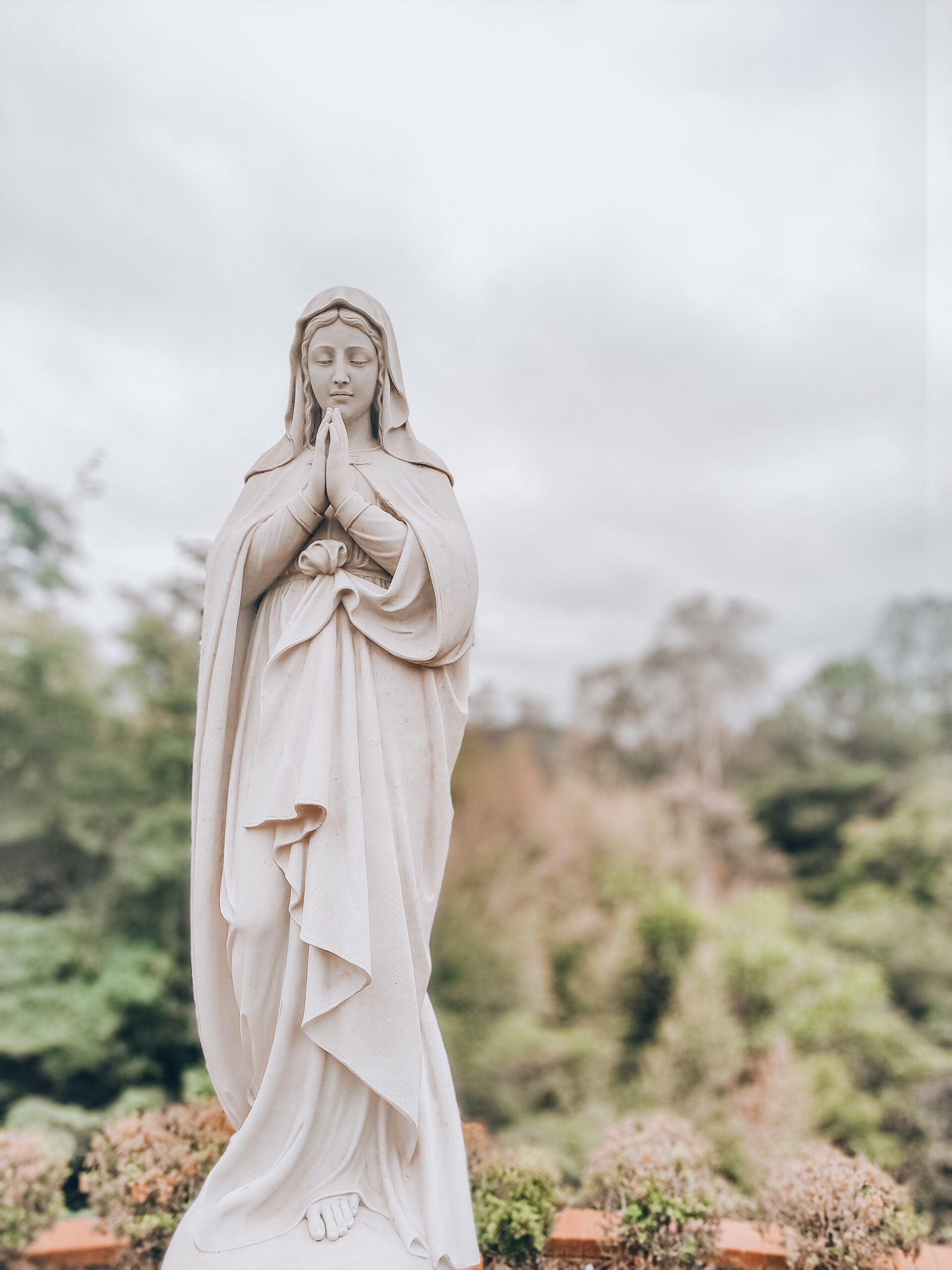

 Perpetua Phelps is a high school student residing in West Michigan and is the second of four children. Apart from homeschooling, Perpetua enjoys volunteering at her church, attending retreats, studying Latin and French, and reading classics such as Beowulf, The Lord of the Rings, C.S. Lewis’ Space Trilogy, and Mark Twain’s Joan of Arc. She also spends much time writing novels, essays, and poetry for fun and competition. A passionate Tolkien fan, Perpetua is a founding member of a Tolkien podcast.
Perpetua Phelps is a high school student residing in West Michigan and is the second of four children. Apart from homeschooling, Perpetua enjoys volunteering at her church, attending retreats, studying Latin and French, and reading classics such as Beowulf, The Lord of the Rings, C.S. Lewis’ Space Trilogy, and Mark Twain’s Joan of Arc. She also spends much time writing novels, essays, and poetry for fun and competition. A passionate Tolkien fan, Perpetua is a founding member of a Tolkien podcast.
 Brendan is just your average Millennial hipster: He likes playing guitar, throwing frisbees, sipping whiskey, and grooming his beard. But he also has a passion for walking with teens and young Christ-followers, hearing every person’s story, and waking up the Church. Brendan works at Holy Trinity Catholic Church in Lenexa, Kansas (near Kansas City) as a Youth Music Minister, fusing together his two loves of sharing Christ and sharing the power and need for good and beautiful contemporary praise.
Brendan is just your average Millennial hipster: He likes playing guitar, throwing frisbees, sipping whiskey, and grooming his beard. But he also has a passion for walking with teens and young Christ-followers, hearing every person’s story, and waking up the Church. Brendan works at Holy Trinity Catholic Church in Lenexa, Kansas (near Kansas City) as a Youth Music Minister, fusing together his two loves of sharing Christ and sharing the power and need for good and beautiful contemporary praise. 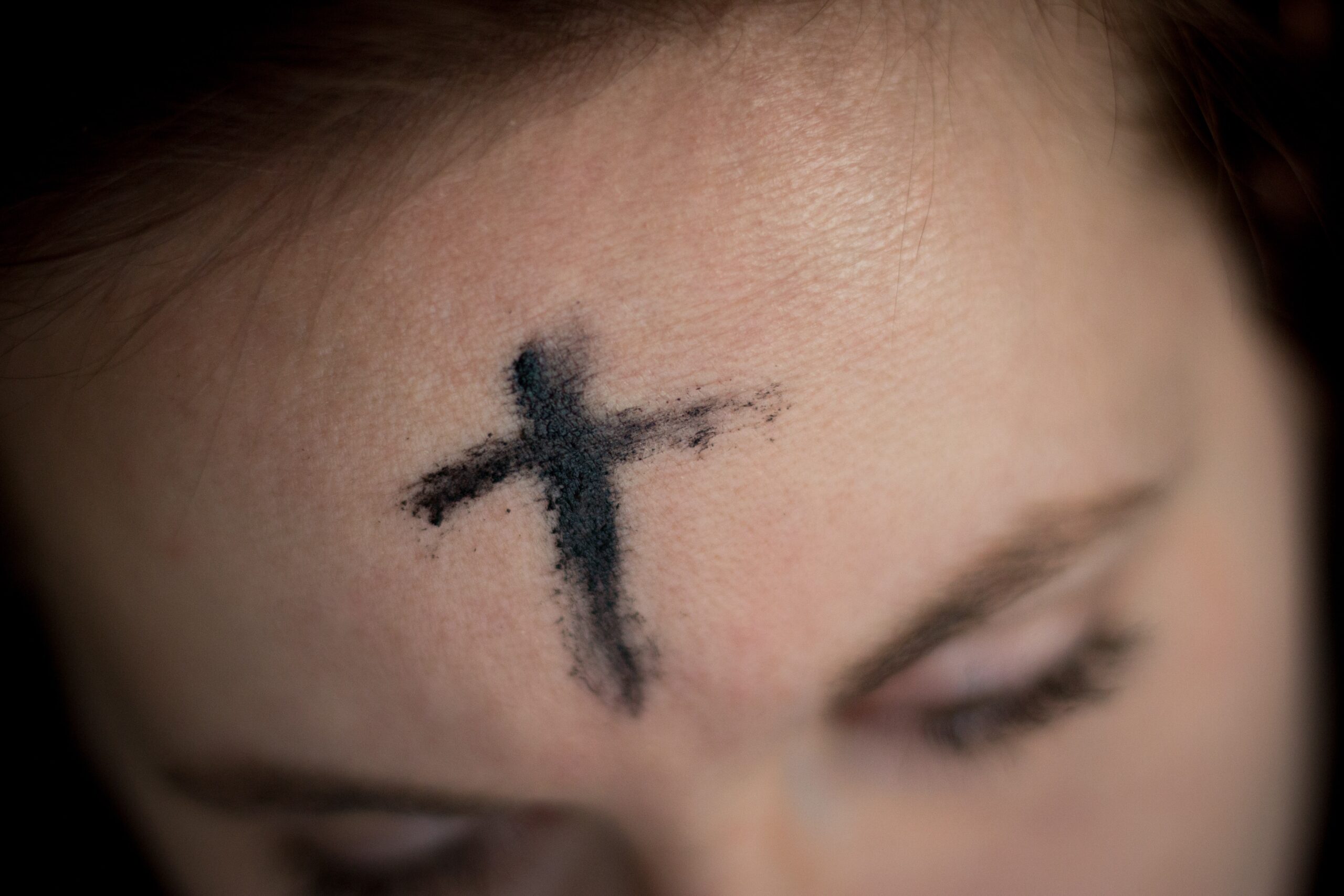


 Kathryn James Hermes, FSP, is the author of the newly released title
Kathryn James Hermes, FSP, is the author of the newly released title
 Tommy Shultz is the Founder/Director of Rodzinka Ministry and the Director of Faith Formation for the North Allegan Catholic Collaborative. In these roles, he is committed to bringing all those he meets into a deeper relationship with Christ. Tommy has a heart and flair for inspiring people to live their faith every day. He has worked in various youth ministry, adult ministry, and diocesan roles. He has been a featured speaker at retreats and events across the country. With a degree in Theology from Franciscan University, Tommy hopes to use his knowledge to help all people understand the beauty of The Faith. Contact Tommy at
Tommy Shultz is the Founder/Director of Rodzinka Ministry and the Director of Faith Formation for the North Allegan Catholic Collaborative. In these roles, he is committed to bringing all those he meets into a deeper relationship with Christ. Tommy has a heart and flair for inspiring people to live their faith every day. He has worked in various youth ministry, adult ministry, and diocesan roles. He has been a featured speaker at retreats and events across the country. With a degree in Theology from Franciscan University, Tommy hopes to use his knowledge to help all people understand the beauty of The Faith. Contact Tommy at 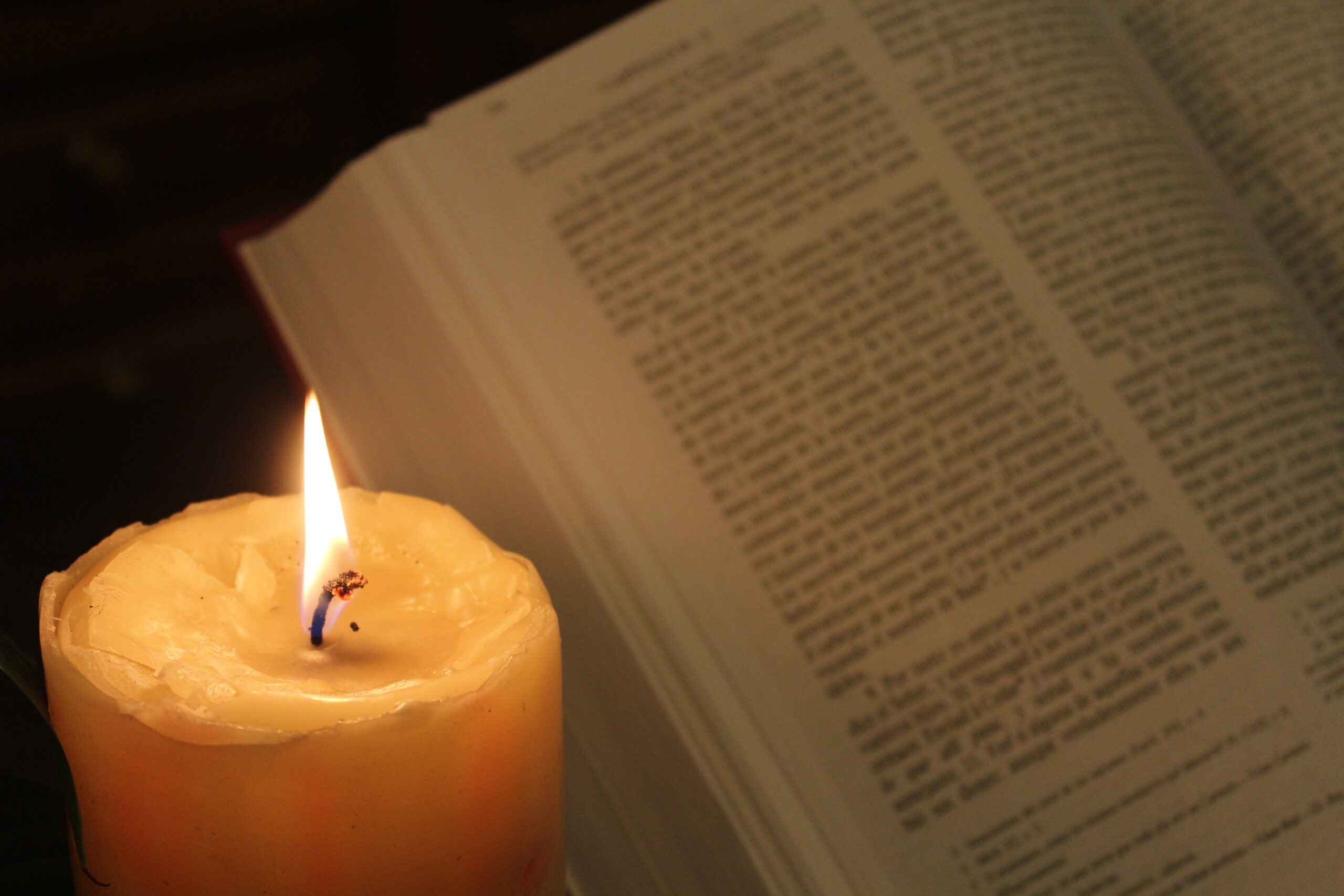
 Emily Jaminet is a Catholic author, speaker, radio personality, wife, and mother of seven children. She earned a bachelor’s degree in mental health and human services from the Franciscan University of Steubenville. She is the co-founder of
Emily Jaminet is a Catholic author, speaker, radio personality, wife, and mother of seven children. She earned a bachelor’s degree in mental health and human services from the Franciscan University of Steubenville. She is the co-founder of 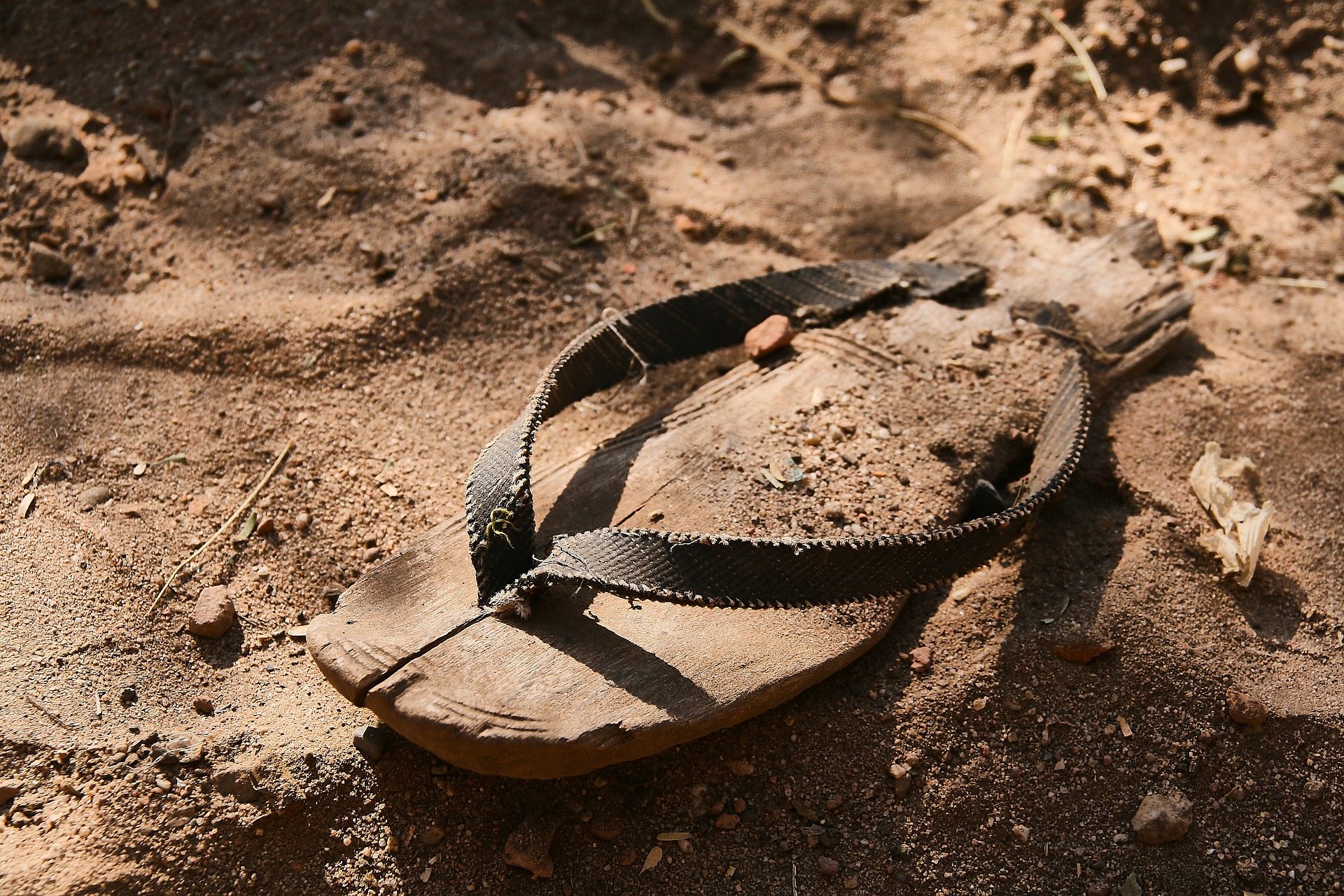
 Kate Taliaferro is an Air Force wife and mother. She is blessed to be able to homeschool, bake bread and fold endless piles of laundry. When not planning a school day, writing a blog post or cooking pasta, Kate can be found curled up with a book or working with some kind of fiber craft. Kate blogs at
Kate Taliaferro is an Air Force wife and mother. She is blessed to be able to homeschool, bake bread and fold endless piles of laundry. When not planning a school day, writing a blog post or cooking pasta, Kate can be found curled up with a book or working with some kind of fiber craft. Kate blogs at 